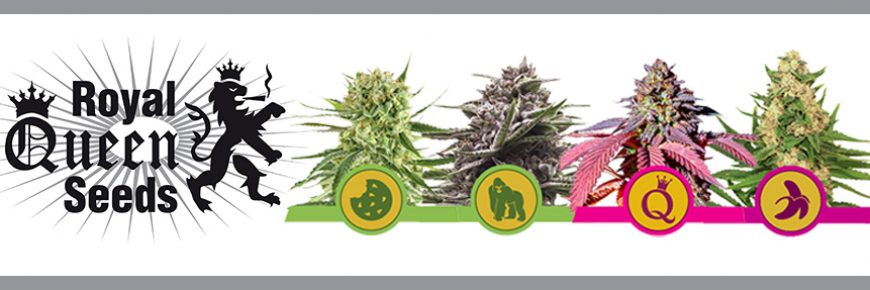
The effects of CBD (cannabidiol) have been studied to help treat some symptoms present in patients with Autism Spectrum Disorder (ASD), popularly called autism. Among these symptoms are: hyperactivity, sleep and anger among others. Research shows evidence that Cannabidiol treats symptoms of autism.
ASDs can affect patients’ cognitive development, motor skills, social interaction, communication and behavior.
This set of functional deficiencies can result in a lack of independence for those diagnosed and cause great suffering for patients and their families and caregivers. However, there is plenty of scientific evidence that cannabidiol treats symptoms of autism in both epileptic and non-epileptic patients.
A 2019 Brazilian observational study subjected 15 participants to the compassionate use of cannabis extract, enriched with pure cannabidiol.
Among the patients, 10 were non-epileptic and 5 were epileptic. The result was that among the patients who adhered to the treatment, only one did not show improvement in autistic symptoms.
After 6-9 months of treatment, most patients, including epileptics and non-epileptics, showed some level of improvement in more than one of the symptom categories evaluated, which are:
– Attention Deficit/Hyperactivity Disorder;
– Behavioral Disorders;
– Motor, autonomy, communication and social and cognitive deficits;
– Sleep disorders;
– Seizures.
The strongest improvements were reported in seizures, attention deficit/hyperactivity disorder, sleep disorders, and communication and social interaction deficits. Thus, the study shows that cannabidiol treats symptoms of autism.
Other promising research into the benefits of cannabidiol in the treatment of autism has been carried out by Israeli researchers. The study was carried out in 53 children with an average age of 11 years, who were medicated by their parents with oral drops of CBD for about 66 days.
The conclusion, based on parental reports, suggests that cannabidiol may improve symptoms of comorbid ASD or autism. Among the main improvements are: self-injury and tantrums (67.6%), hyperactivity (68.4%), sleep problems (71.4%) and anxiety (47.1%).
According to the study, the adverse effects, mainly drowsiness and altered appetite, were mild.
Thus, it is possible to affirm that current studies are encouraging and show the potential of cannabidiol as an option for treating autism symptoms.
read more
Cannabis in the treatment of rare diseases; see benefits
Six Ways to Use Cannabis; know alternatives








